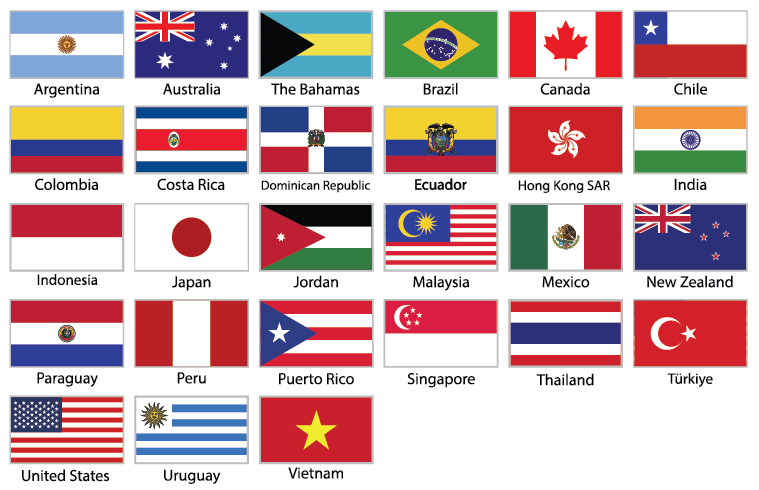By PaddyDog
That’s sort of the message of the frightening tome by Michael Pollan, where he explores the state of farming and agriculture in America. Essentially, Pollan tracks four meals through different means, exploring different ways of procuring foods.
The first is a study of fast food and by dint, factory farming. Corn is KING! If you didn’t know this, you do now. Corn is responsible for 65-80 percent of all goods in grocery stores. From byproducts produced from corn and corn derivatives, to feed corn stuffed unnaturally into ruminants (thems cows) or chickens and pigs to make meat, to petroleum, corn is in EVERYTHING. You gotta love a guy who stuffs a McDonald’s meal into a mass spectrometer to figure out how much corn went into the making of a not-so-happy meal.
By now, saying factory farming is disgusting is like trying to preach Jesus to people. Either they believe it, or they just don’t care and don’t want to hear about it anymore. Having been a recent convert to the world of organics, it was the second portion of the novel, where he talks about the lie of organic foods, that was stunning. While there are genuinely some farms that produce completely organic foods — without any illicit chemicals and without destroying the earth — the USDA has pretty much set it up so that Whole Foods is a ponzi scheme for stupid hippies (sigh, like me) who fall for the supermarket poetry on the labels. For example, while many eggs and chicken breast say “free-range,” according to current standards, this could mean they were also raised in a tiny shed with cramped quarters five months, and then given two weeks of an open door leading to a tiny yard before they are slaughtered. Many free-range animals never see the light of day.
I loved reading about Polyface Farm in Swoope, Virgina, where they essentially practice organic farming in the truest sense. Grass is grown naturally, which the cows then eat. The cows poop and leave. Then chickens are let in to eat the bugs and stuff out of the cow patties, as well as the remaining grass the cows have chewed down to their levels. Then the grass regrows, even more lush and nutrient rich than before, thanks to the nitrogen in the chicken poop. Circle of life. Except where the chickens are slaughtered in an outdoor open-air slaughterhouse.
The last portion of the book deals with Pollan trying to procure an entire meal himself through hunting and gathering. Aside from being virtually impossible and overly complicated to do on a daily basis, it was pretty fascinating reading about him hunting wild boar to make boar proscuitto (tell me that doesn’t sound like the best damn thing you will ever eat) as well as gathering fresh mushrooms and harvesting his own garden for produce.
Almost everything I read these days smacks of “big government is bad” and how much they are hurting the common man in the name of big corporate kickbacks. What was refreshing about Pollan was that while he’s absolutely advocating this lifestyle of seasonal menus, local farm support, and more responsible agriculture, he also recognizes that this isn’t something that is easy to accomplish or reasonable without a nation/worldwide change in behaviors.
If you want to make sure your food comes from a good source, check out certifiedhumane.com. They give you a list of products that have been inspected for humane treatement of animals. And you sacrifice nothing Applegate Farms certified humane sunday bacon is the yummiest bacon I have ever tasted.

Pajiba: Food Source
Posted: February 2, 2009 by Certified Humane
That’s sort of the message of the frightening tome by Michael Pollan, where he explores the state of farming and agriculture in America. Essentially, Pollan tracks four meals through different means, exploring different ways of procuring foods.
By now, saying factory farming is disgusting is like trying to preach Jesus to people. Either they believe it, or they just don’t care and don’t want to hear about it anymore. Having been a recent convert to the world of organics, it was the second portion of the novel, where he talks about the lie of organic foods, that was stunning. While there are genuinely some farms that produce completely organic foods — without any illicit chemicals and without destroying the earth — the USDA has pretty much set it up so that Whole Foods is a ponzi scheme for stupid hippies (sigh, like me) who fall for the supermarket poetry on the labels. For example, while many eggs and chicken breast say “free-range,” according to current standards, this could mean they were also raised in a tiny shed with cramped quarters five months, and then given two weeks of an open door leading to a tiny yard before they are slaughtered. Many free-range animals never see the light of day.
The last portion of the book deals with Pollan trying to procure an entire meal himself through hunting and gathering. Aside from being virtually impossible and overly complicated to do on a daily basis, it was pretty fascinating reading about him hunting wild boar to make boar proscuitto (tell me that doesn’t sound like the best damn thing you will ever eat) as well as gathering fresh mushrooms and harvesting his own garden for produce.
If you want to make sure your food comes from a good source, check out certifiedhumane.com. They give you a list of products that have been inspected for humane treatement of animals. And you sacrifice nothing Applegate Farms certified humane sunday bacon is the yummiest bacon I have ever tasted.
Category: news